Optimal Timing for Foundation Repairs
Foundation repairs are most effectively performed during specific times of the year when environmental conditions are optimal. The ideal period typically falls during mild, dry weather, which allows for proper curing of materials and minimizes delays caused by moisture or extreme temperatures. Scheduling repairs in the late spring or early fall can provide favorable conditions, ensuring the work progresses smoothly and achieves long-lasting results.
Dry seasons reduce the risk of water-related issues during repairs, leading to better adhesion and stability.
Moderate temperatures help materials cure properly, avoiding cracking or improper setting.
Consistent soil moisture levels are crucial; excessive rain or drought can affect foundation stability.
Off-peak seasons may offer more availability for scheduling repairs without delays.
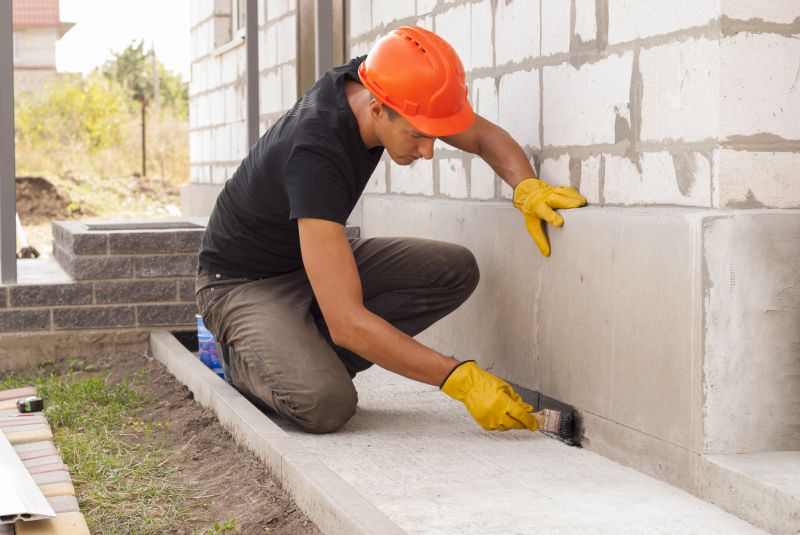
Inspecting a foundation during dry weather ensures accurate assessment.
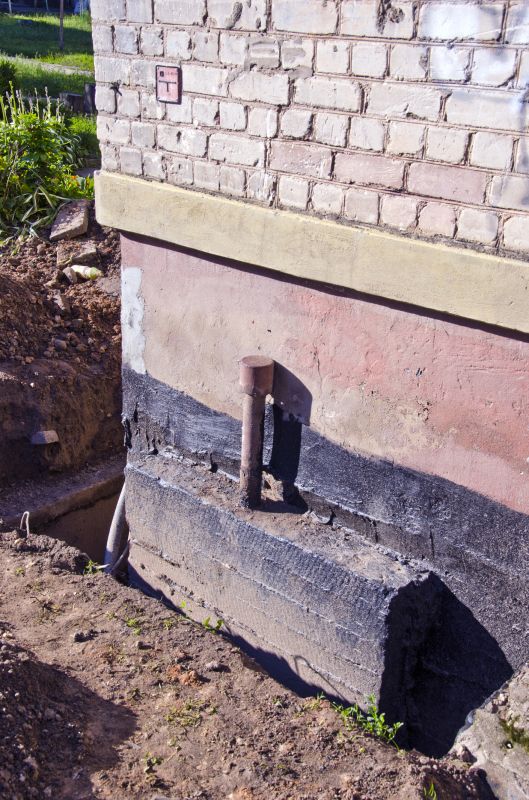
Foundation stabilization work is more efficient in mild temperatures.
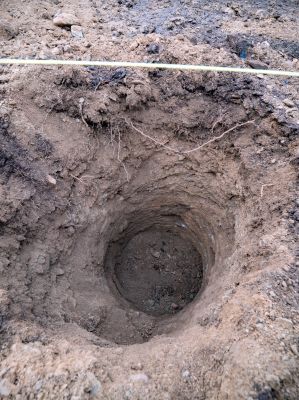
Soil conditions are easier to evaluate when moisture levels are stable.
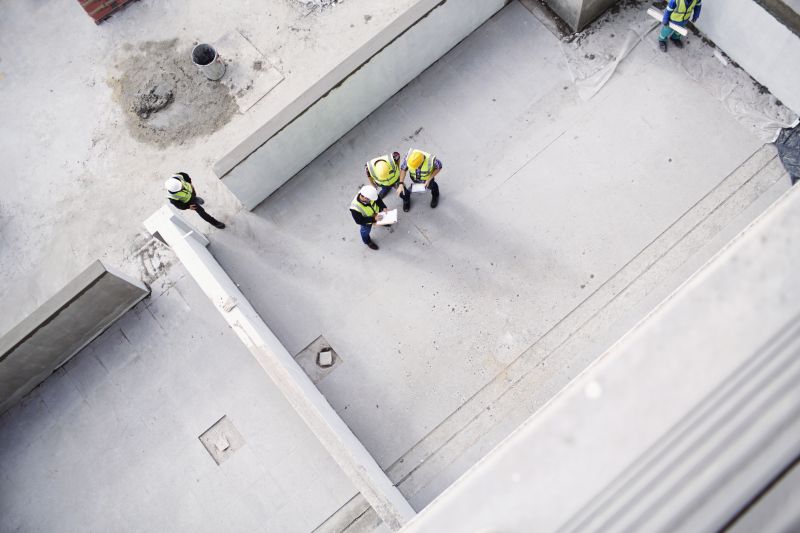
Scheduling during favorable seasons minimizes disruptions.
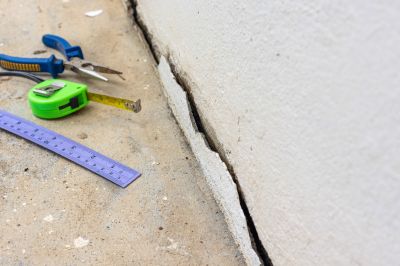
Ways to make Foundation Repairs work in tight or awkward layouts.
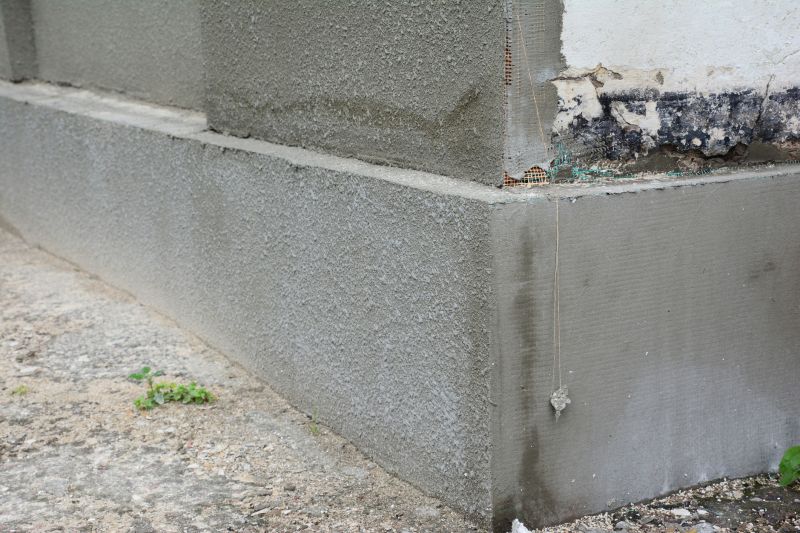
Popular materials for Foundation Repairs and why they hold up over time.
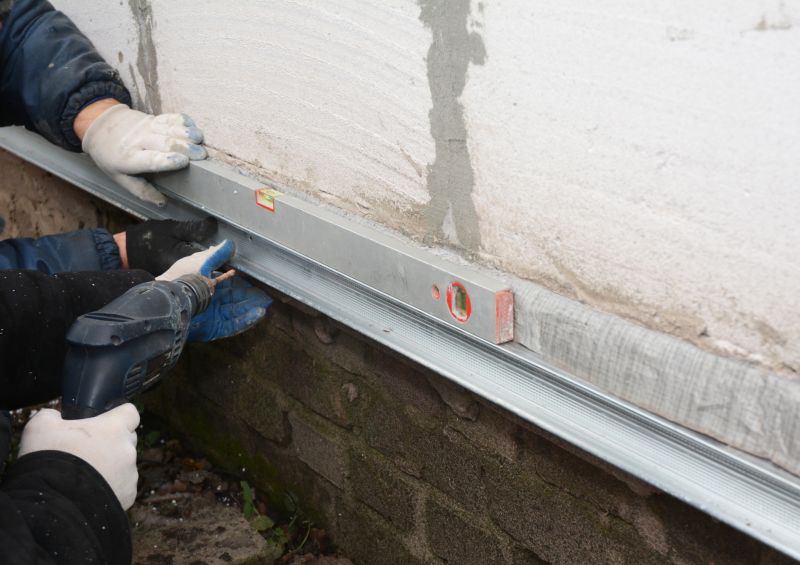
Simple add-ons that improve Foundation Repairs without blowing the budget.
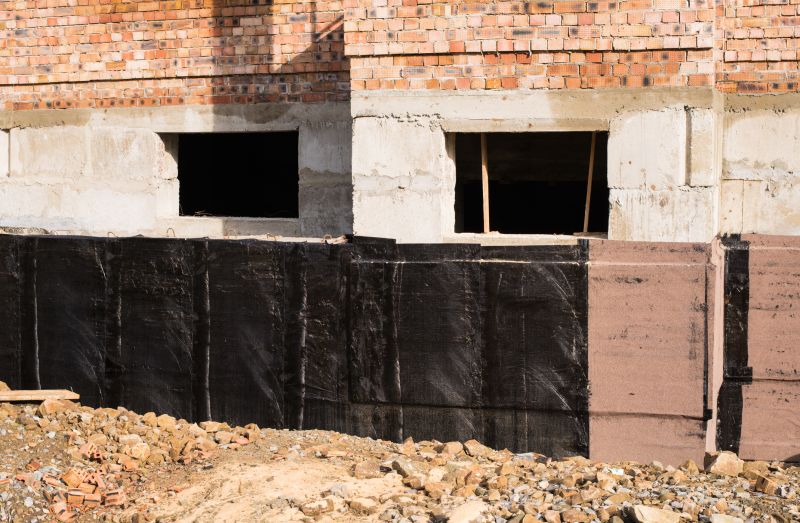
High-end options that actually feel worth it for Foundation Repairs.
| Factor | Optimal Conditions |
|---|---|
| Weather | Dry, mild weather with low humidity |
| Temperature | Moderate temperatures between 50-85°F |
| Soil Moisture | Stable moisture levels, avoiding excessive dryness or saturation |
| Work Schedule | Off-peak seasons for better availability |
| Material Curing | Ideal temperatures for proper curing |
Foundation repairs are critical for maintaining the structural integrity of a building. They address issues such as settling, cracking, and shifting that can compromise safety and stability. Proper timing ensures that repairs are effective and durable, preventing more extensive damage in the future. Professional assessment can determine the best window for intervention, tailored to local climate and soil conditions.
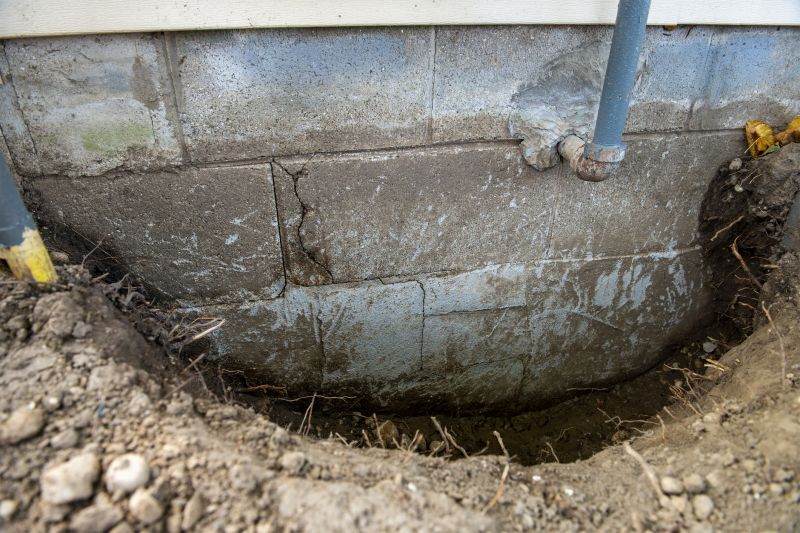
Visible cracks indicate the need for immediate repair to prevent further damage.
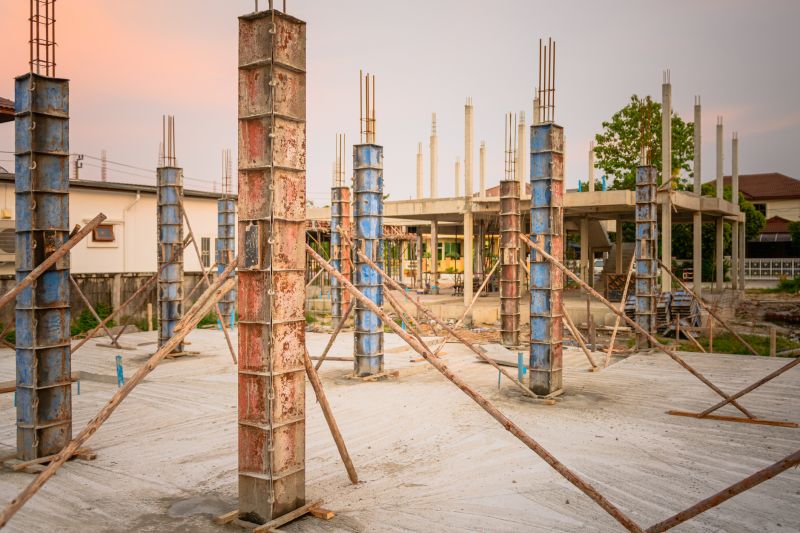
Piering stabilizes the foundation and restores structural support.
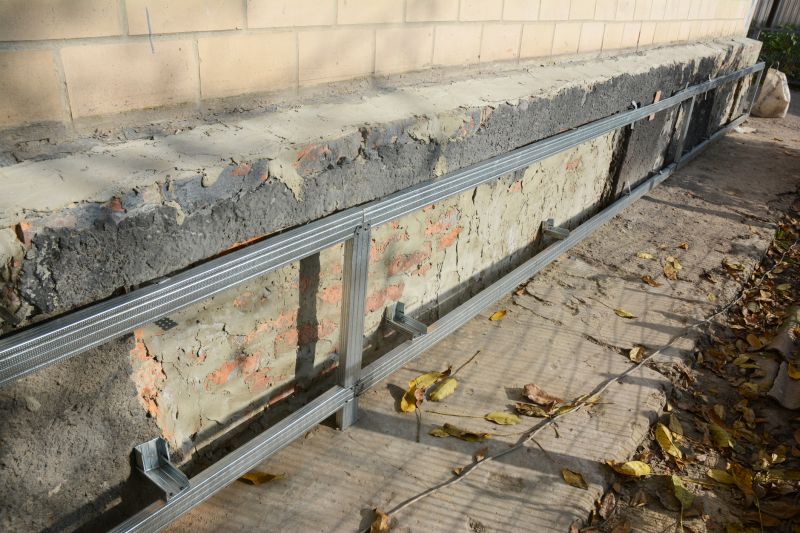
Addressing soil movement can prevent future foundation issues.
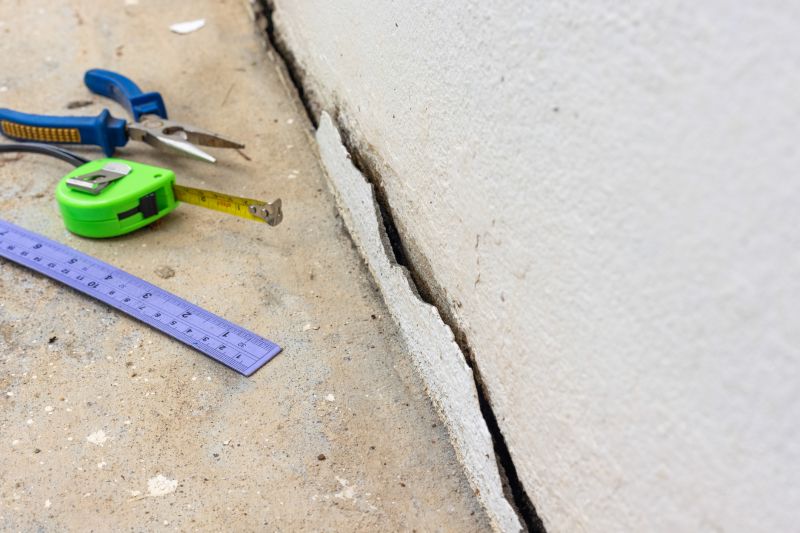
Specialized tools are used for precise and effective foundation work.
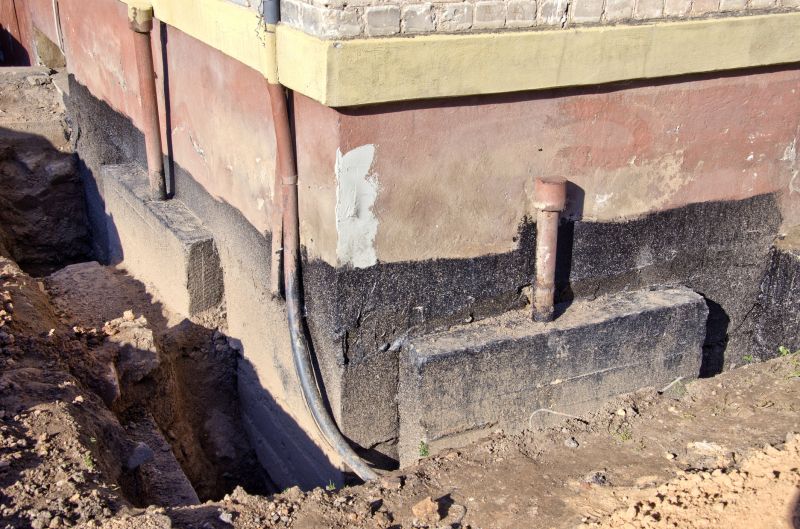
Finishes and colors that play nicely with Foundation Repairs.
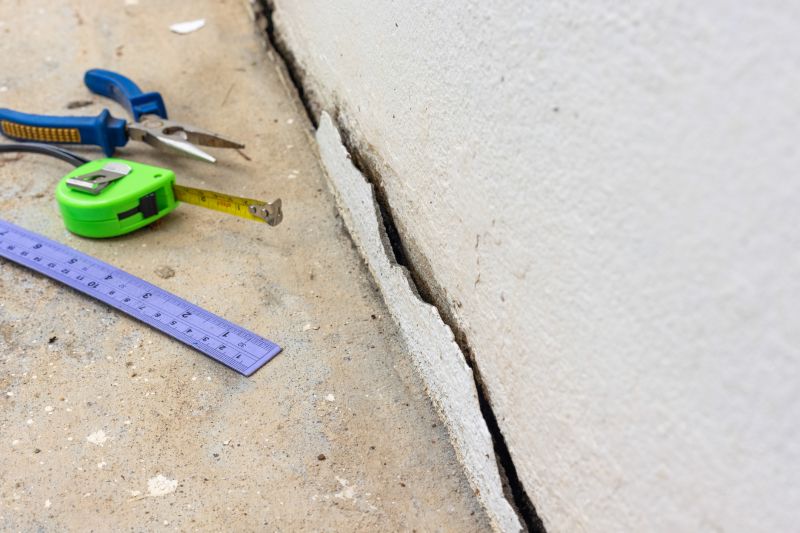
Little measurements that prevent headaches on Foundation Repairs day.
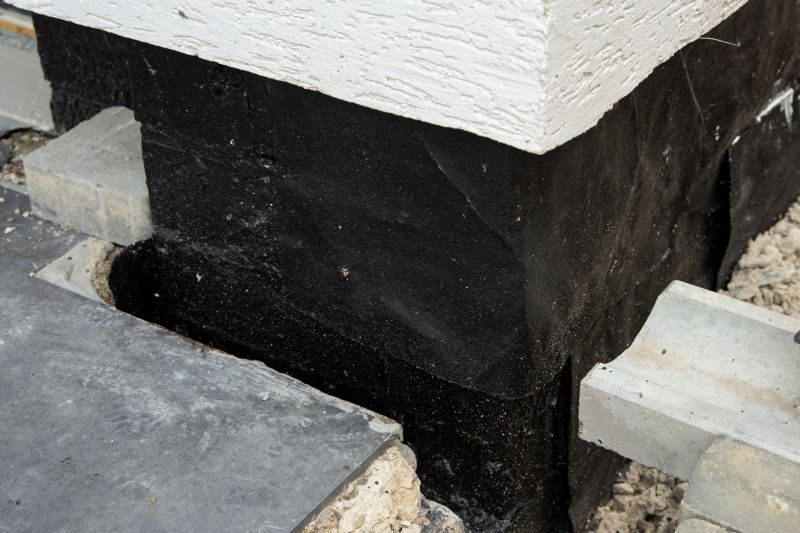
A 60-second routine that keeps Foundation Repairs looking new.
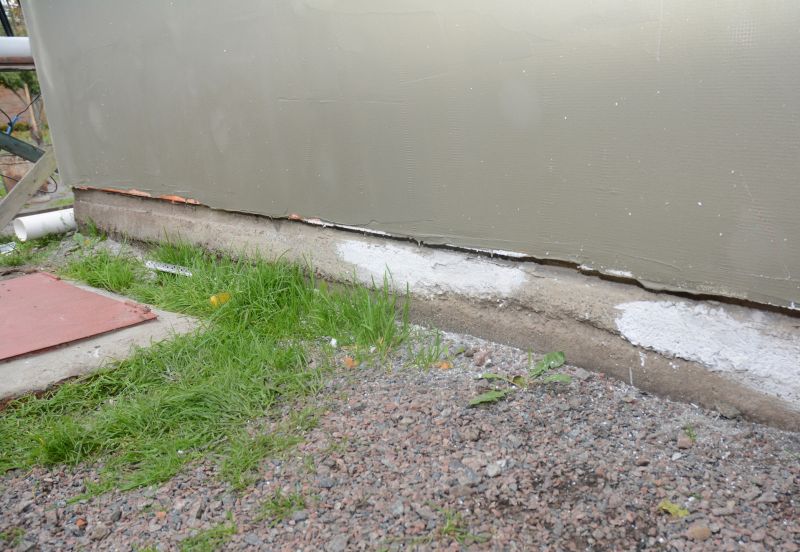
A frequent mistake in Foundation Repairs and how to dodge it.
Additional Information on Foundation Repairs
Foundation repairs are essential for preserving property value and safety. Statistics show that untreated foundation issues can lead to significant structural damage, decreasing property value by up to 20 percent. Addressing problems promptly can prevent costly repairs later. Proper timing, combined with professional assessment, ensures the longevity of the repair work and the stability of the structure.
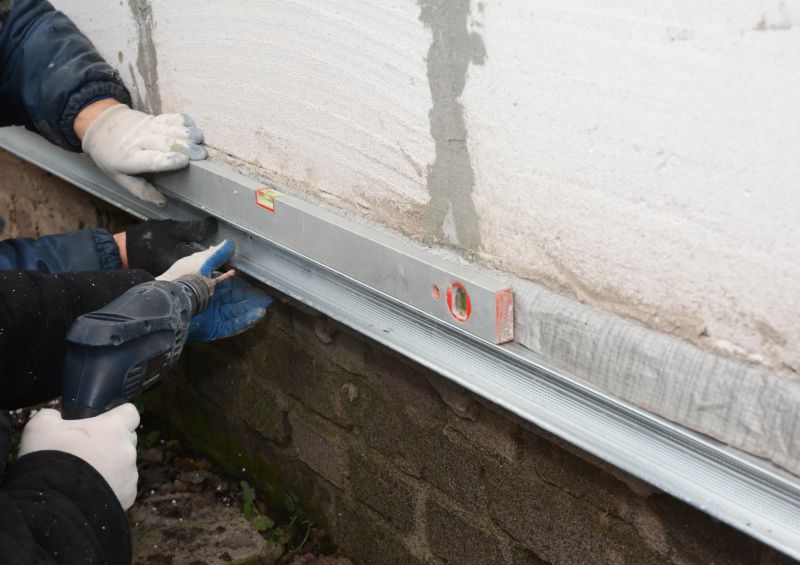
Advanced equipment ensures precise and durable repairs.
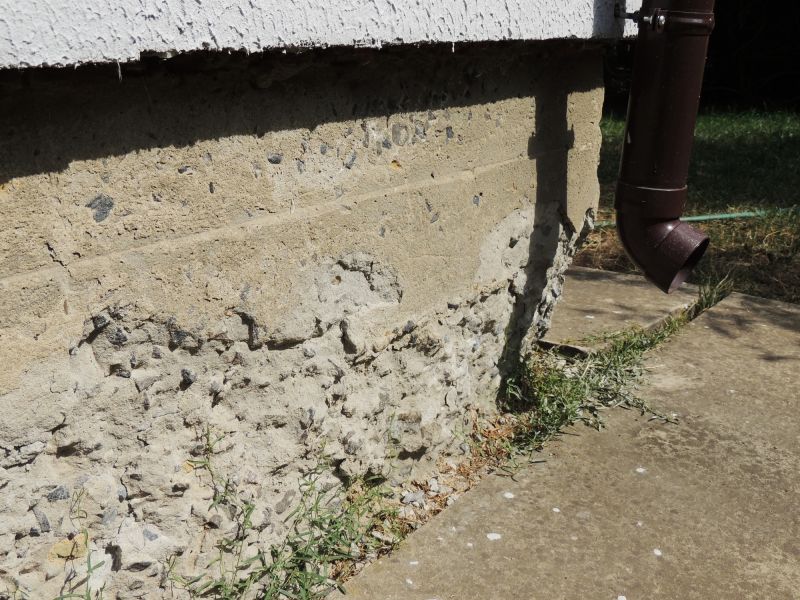
Visual evidence of the effectiveness of timely foundation repairs.
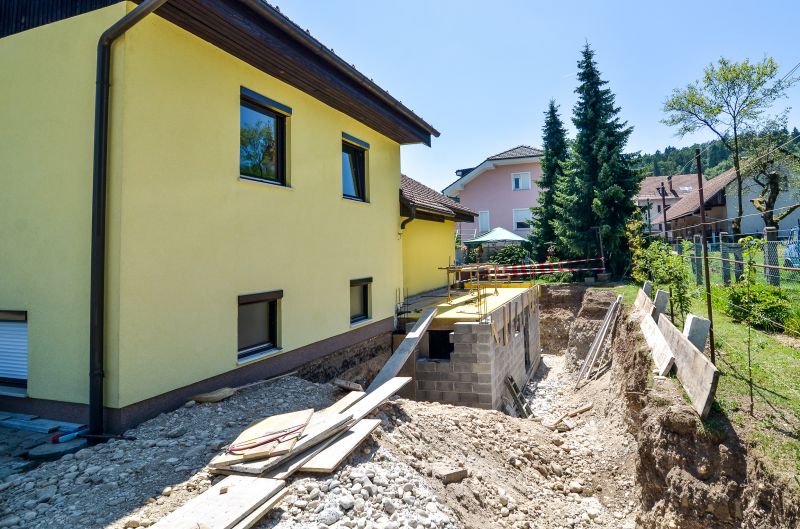
Small tweaks to make Foundation Repairs safer and easier to use.
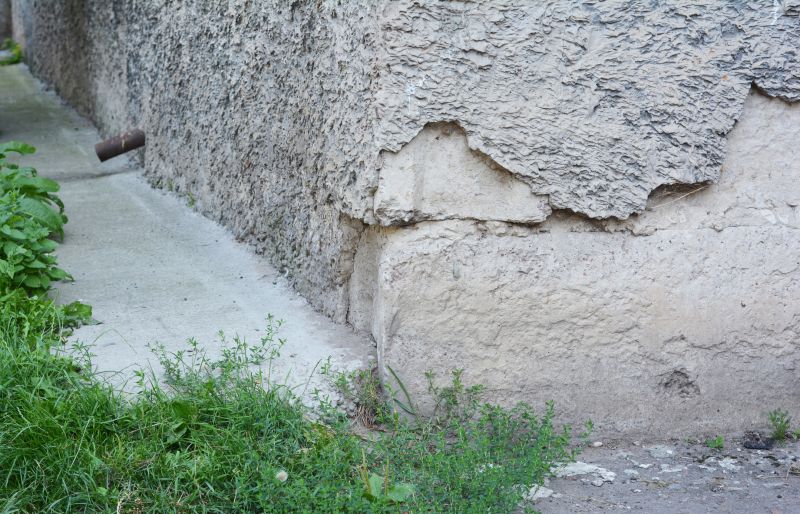
Lower-waste or water-saving choices for Foundation Repairs.

The short, realistic tool list for quality Foundation Repairs.
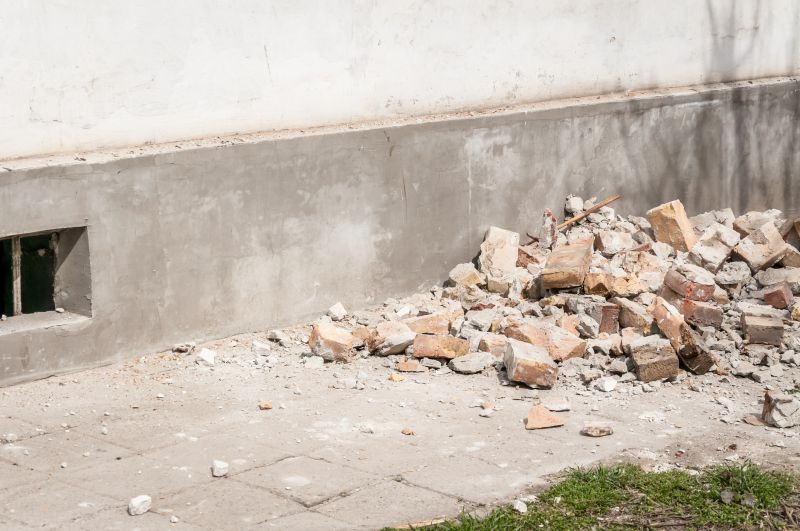
Rough timing from prep to clean-up for Foundation Repairs.
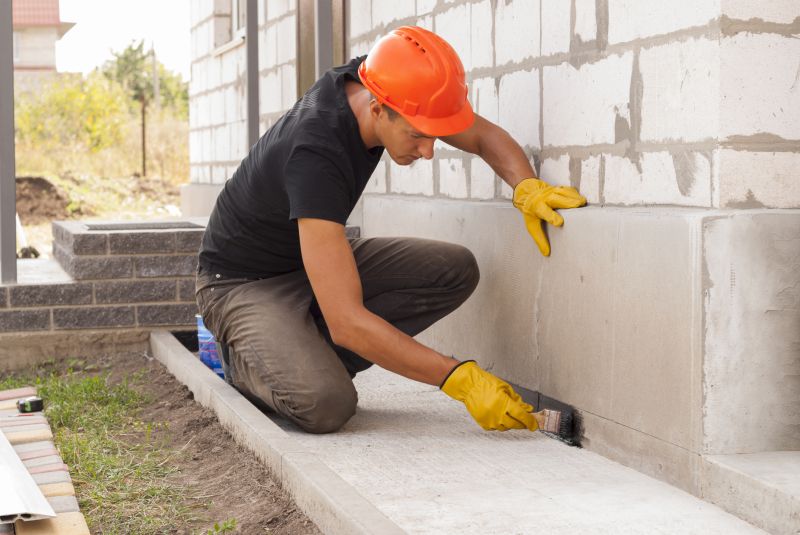
Quick checks and paperwork to keep after Foundation Repairs.
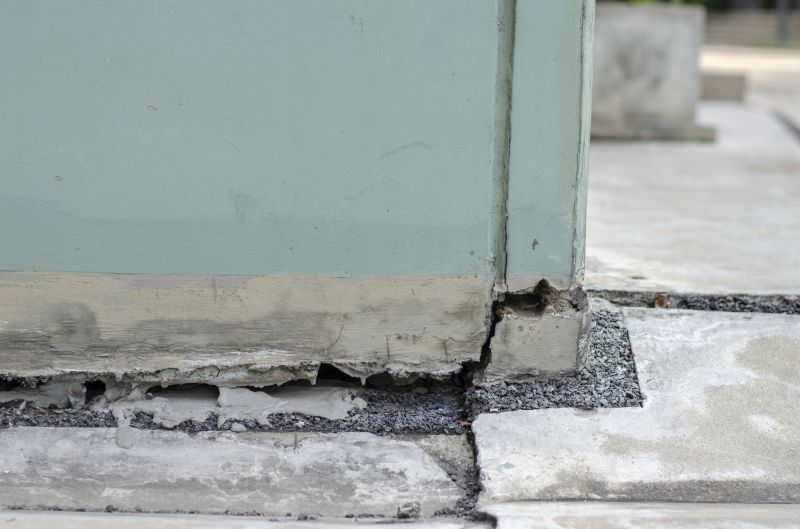
Examples that show the impact a good Foundation Repairs can make.
For property owners in Citrus Heights, CA, understanding the optimal timing for foundation repairs can lead to better outcomes and cost savings. Consulting with a foundation specialist can help determine the most suitable period for repairs based on local climate patterns and soil conditions. Interested individuals are encouraged to contact for further guidance and scheduling options.

